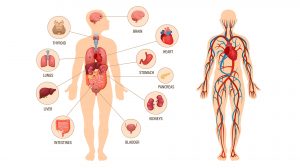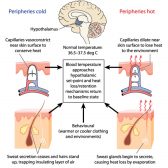Definition
noun
The type of diet comprised mainly or exclusively of edible plant tissues, organs and products, and excluding animal meat
Supplement
A vegetarian diet is a type of diet consisting of edible plant tissues and organs, such as fruits, seeds, leaves, roots, stems, and other foods derived from plants (e.g. bread, soy, and pasta). It excludes animal meat (i.e. pork, beef, and other animal meat). Those who follow this type of diet are referred to as vegetarians. Their preference for a plant-derived, meat-free menu plan is associated with health, political, ethical, and economic concerns.
There is also a so-called, semi-vegetarian diet, which includes non-mammalian meat in the menu plan. In this type of diet, fish and poultry are sometimes included. However, vegetarian groups such as the Vegetarian Society do not consider this diet as a true vegetarian because fish and poultry foods are still regarded as animals.1 What they consider as true vegetarian diet is one that excludes all animal meat as well as animal-derived foods (e.g. eggs, dairy foods, beeswax, and honey).
The word vegetarian came from the combination of vegetable and –arian that corresponds to the Latin -arius to indicate those who follow and advocate consumption of non-animal food.
Compare:
- carnivorous diet
- pescetarian diet
- omnivorous diet
See also:
Related term(s):
- vegetarian
Reference(s):
1Vegetarians don’t eat fish, shellfish or crustacea, but they can still enjoy one of the healthiest diets available.”. Vegetarian Society. Source








